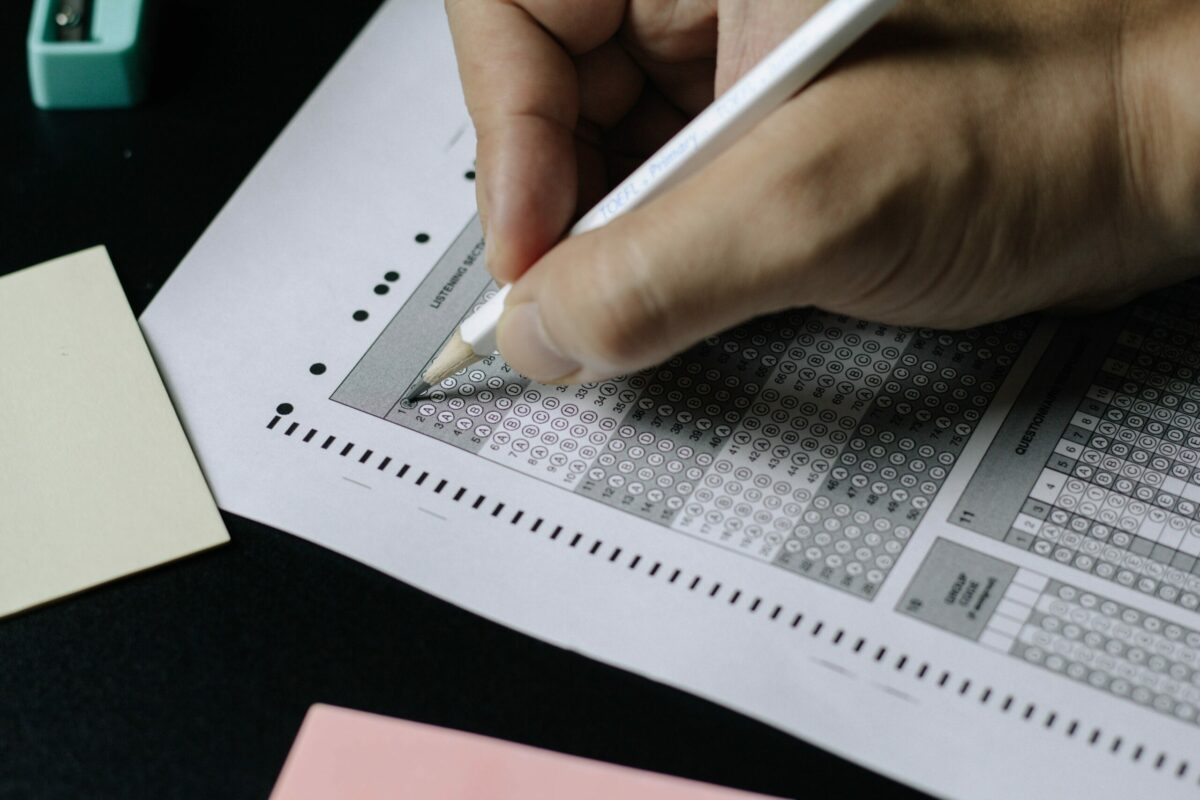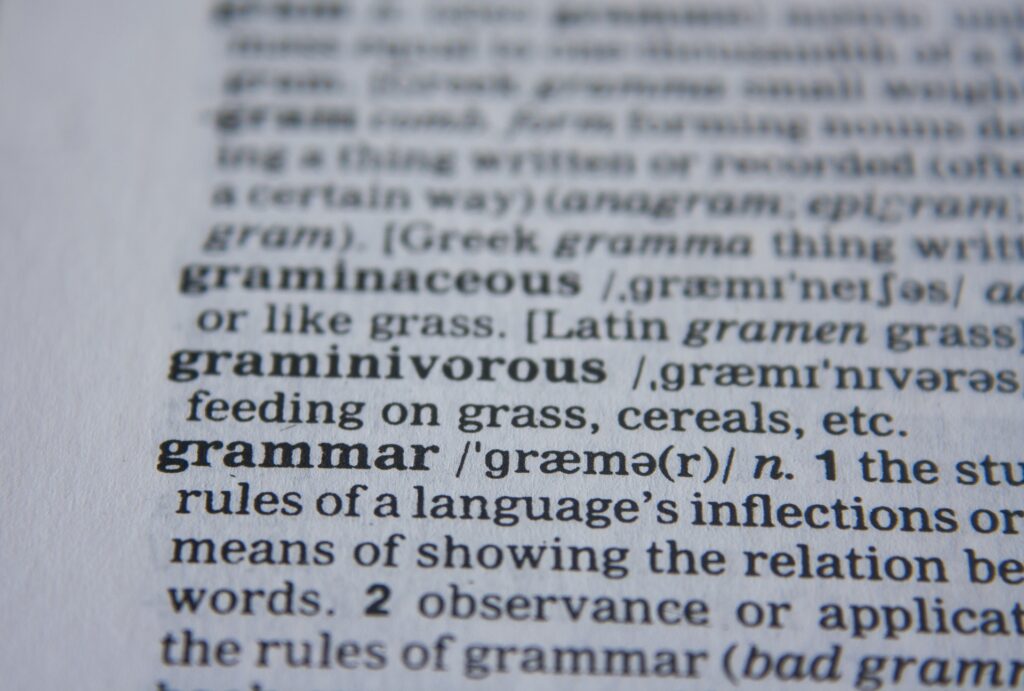
Multiple Choice Test Taking Strategies: Educated Guesses
Some students breathe a sigh of relief upon hearing the professor announce that the upcoming test is multiple choice. Multiple choice tests give even reckless students a chance to pass, but there’s more to these tests than you might realize. Even the students who thoroughly study the topic still have to use multiple choice test taking strategies such as making an educated guess now and again.
Multiple choice exams usually have more items that number in the dozens (if not hundreds), which makes it extra challenging as well. It’s then inevitable that you’ll encounter some of these questions hard to answer, and making an educated guess becomes your best bet. As such, you need to know how to make an educated guess on the trickier questions.
Fortunately, there are many ways to do this. Here are multiple choice test taking strategies that will help you make an educated guess on tests.
Table of Contents
Multiple Choice Test Taking Strategies
Use Clue Words
Multiple choice exams have a reputation for being fairly linear, but there’s much more to these tests than most students think. Professors tend to be more creative with multiple choice, especially with using clue words, which are the foundation of an educated guess.
Those who took the time to study will quickly recognize these clue words, as they are typically there to help those who struggle to make the right decision. Clue words urge you to find the proper angle concerning the choice of answers, and many professors rely on wordplay. These clue words may include verbs like inscribe, define, compare, contrast, analyze, and more. They effectively tell you how to answer the question.
Usually, the professor will also use root words (based on the subject) to catch your attention. Trickier teachers will place similar root words in other answers. In cases like this, the clue word in the question is the key. Also, be aware of common prefixes such as de (devalue), dis (disappear), pre (precede), un (undone), and more. An understanding of clue words will help significantly improve your odds.
Eliminate Distractors
Naturally, the professor will add distractors that take attention away from the right answer. If the professor is fair, they won’t make the distractor too similar to the correct choice, but they will likely be playful with meanings.
The solution is to take your time eliminating the outliers. Read each answer carefully, and provided you studied before the exam, you’ll figure out the clues and potentially eliminate some answers due to the choice of words. Those with a knack for grammar and literature shine in eliminating distractors.
Spot Grammatical Errors
One of the most straightforward outliers and distractions is any answer with grammatical errors. While it’s unlikely to find multiple choice tests with grammar mistakes, some professors add these errors to help guide students to the correct answer. As stated above, those who excel in nitpicking grammatical errors are more likely to succeed.
Pick the Longest Answer
Depending on your professor, they might be willing to provide a more obvious route to success with the longest answer. One of the most common tactics when making an educated guess involves choosing the longest answer, as it’s more likely to be the more encompassing, and thus, the right one. However, remember that it could be a ploy by the professor to catch those who use this tactic too often. Therefore, keep an eye out for clue words, and ensure the longest answer does not have grammatical errors.
Choose “All of the Above”
Unless the multiple choice exam has “all of the above” on every question, you can expect that there’s a good chance it’s the right answer. It’s a way to hedge your bets, but it’s crucial to consider every answer first. It could be a way for the professor to catch unwitting students.
Turn to the Letter C When All Else Fails
What gives the letter C the highest chance of being the right answer? It’s primarily due to most professors wanting the students to read through most of the choices, without necessarily being too obvious about having every answer in D. If you feel as though it could be any answer (and all of the above is not an answer), the letter C is your best bet.
Pass with Flying Colors
Even the most studious students need to make an educated guess from time to time. As such, knowing some multiple choice test taking strategies will come in handy. That said, don’t rely on an educated guess throughout the exam; the more you rely on a guess, the higher the odds of failure. Instead, ensure that you study and use the knowledge above to reinforce your passing score.
Sarah is an accomplished educator, researcher and author in the field of testing and assessment. She has worked with various educational institutions and organisations to develop innovative evaluation methods and enhance student learning. Sarah has published numerous articles and books on assessment and learning. Her passion for promoting equity and fairness in the education system fuels her commitment to sharing insights and best practices with educators and policymakers around the world.






